Sodium Silicate: The Versatile Industrial Solution for Your Needs
What is Sodium Silicate?
Sodium Silicate, commonly known as water glass, is an inorganic chemical compound composed of sodium oxide (Na₂O) and silica (SiO₂). It is a versatile chemical compound with a wide range of industrial applications. This inorganic compound is essential in various industries for its adhesive, binder, deflocculant, and sealant properties. It is available in both liquid and solid forms, making it adaptable for different uses.
The key Applications of Sodium Silicate
- Adhesive & Binder: It is widely used in the paper, cardboard, and textile industries as an effective adhesive. It provides strong bonding and durability, making it ideal for packaging and labeling applications.
- Construction & Cement: In the construction industry, it acts as a sealant and cement additive. It enhances the strength and waterproofing of concrete, contributing to the longevity of building structures.
- 水処理: It plays a crucial role in water treatment processes as a flocculant, helping to remove impurities and improve water quality.
- Fire Protection: Sodium Silicate is used in fireproofing materials due to its ability to withstand high temperatures and prevent the spread of flames.
- Detergents & Soaps: It serves as a key ingredient in detergents, improving cleaning efficiency and providing a buffering effect.
Benefits:
- Cost-effective: It is an affordable solution for a wide range of industrial applications.
Environmentally Friendly: It is a non-toxic, biodegradable compound, making it a sustainable choice for eco-conscious industries. - Versatile: Available in various concentrations and forms, Sodium Silicate can be tailored to meet specific application requirements.
Whether you need a reliable adhesive, a cement additive, or a water treatment agent, Sodium Silicate is a proven and efficient solution across multiple industries. Explore its potential in your business and benefit from its multifunctional properties.
注意事項
When handling Sodium Silicate, it’s important to take certain precautions due to its chemical properties, particularly its alkalinity and potential for causing skin and eye irritation. Here are key precautions to follow:
1. Personal Protective Equipment (PPE)
- Gloves: Wear chemical-resistant gloves to prevent skin contact, as Sodium Silicate can cause irritation or burns.
- Eye Protection: Use safety goggles or a face shield to protect against splashes that can cause severe eye irritation or damage.
- Clothing: Wear long sleeves and chemical-resistant aprons to protect your skin from exposure.
2. Handling and Storage
- Ventilation: Work in a well-ventilated area to avoid inhaling dust or vapors. If working with large amounts, use local exhaust ventilation.
- Storage: Store in a cool, dry place, away from acids and incompatible materials. Keep containers tightly closed to prevent moisture absorption.
- Spill Response: In case of a spill, avoid creating dust and use appropriate materials (like sand or vermiculite) to contain the spill. Clean up using non-sparking tools.
3. First Aid Measures
- Skin Contact: Immediately wash the affected area with plenty of water for at least 15 minutes. Remove contaminated clothing. Seek medical attention if irritation persists.
- Eye Contact: Rinse immediately with water for at least 15 minutes, lifting eyelids to ensure thorough rinsing. Seek medical attention promptly.
- Inhalation: Move the affected person to fresh air. If they experience difficulty breathing, seek medical attention immediately.
- Ingestion: Do not induce vomiting. Rinse the mouth with water and seek medical attention immediately.
4. Environmental Precautions
- Disposal: Dispose of Sodium Silicate according to local, regional, and national regulations. Avoid releasing it into the environment, as it can be harmful to aquatic life.
5. Fire Safety
- Non-Flammable: It is not flammable, but in a fire, it can produce toxic fumes. Use appropriate extinguishing media like water spray, foam, or dry powder to extinguish surrounding fires.
By following these precautions, you can safely handle and use Sodium Silicate in various industrial and laboratory settings.
梱包と保管:
- Packaging Options:
a. Packed in 25KG PP woven bag with PE liner
b. Packed in 1000KG PP woven bag with PE liner
- 保管条件:
- Environment:
- Temperature: Store in a cool, dry, and well-ventilated area. Avoid extreme temperatures, as high heat can cause degradation, and freezing conditions can solidify the liquid form.
- Humidity: Keep solid Sodium Silicate away from moisture to prevent caking or hardening. Liquid Sodium Silicate should be stored in closed containers to prevent evaporation and contamination.
- Separation from Incompatible Materials:
- Acids: Store away from acids and acidic materials, as Sodium Silicate can react with them, potentially releasing heat and forming a gel.
- Metals: Avoid storage near reactive metals, such as aluminum or zinc, as Sodium Silicate can corrode these materials.
- 賞味期限:
With proper packing and storage conditions, the guaranteed shelf life is 24 months.
Sodium Silicate | Water Glass
Synonyms for Sodium Silicate
- Water Glass
- Liquid Glass
- Soluble Glass
- Silicate of Soda
- Sodium Metasilicate (although this is technically a different compound, it is sometimes used interchangeably)
- Alkaline Silicate
- Silicate Glue
Looking for a reliable source to buy Sodium Silicate?
Look no further than WaterCareChem! We are your trusted supplier and factory specializing in Sodium Silicate. With our expertise and commitment to excellence, we provide a premium product that ensures unmatched stability and effectiveness for your needs.

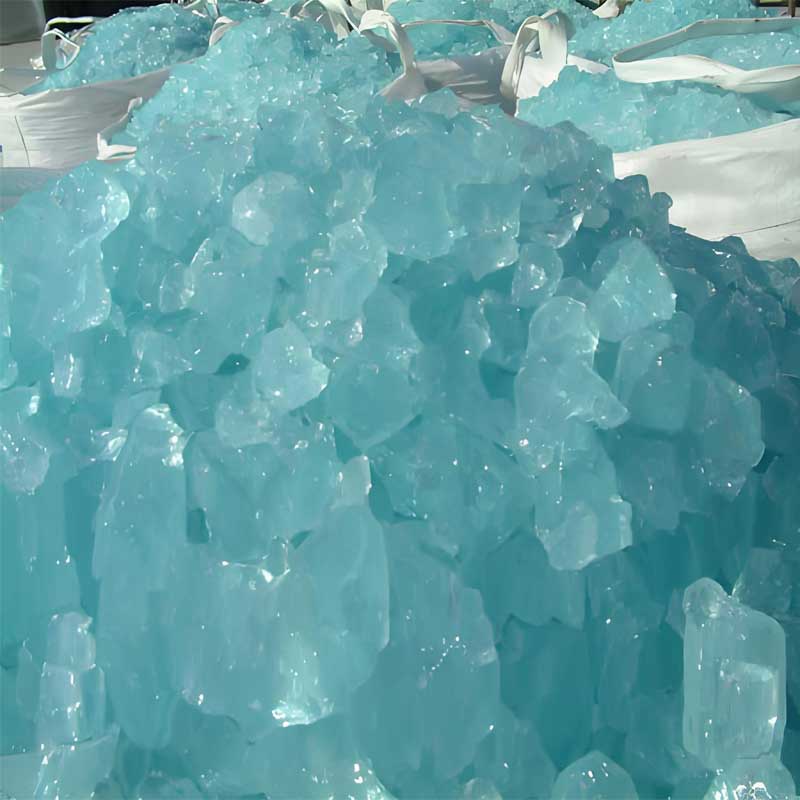

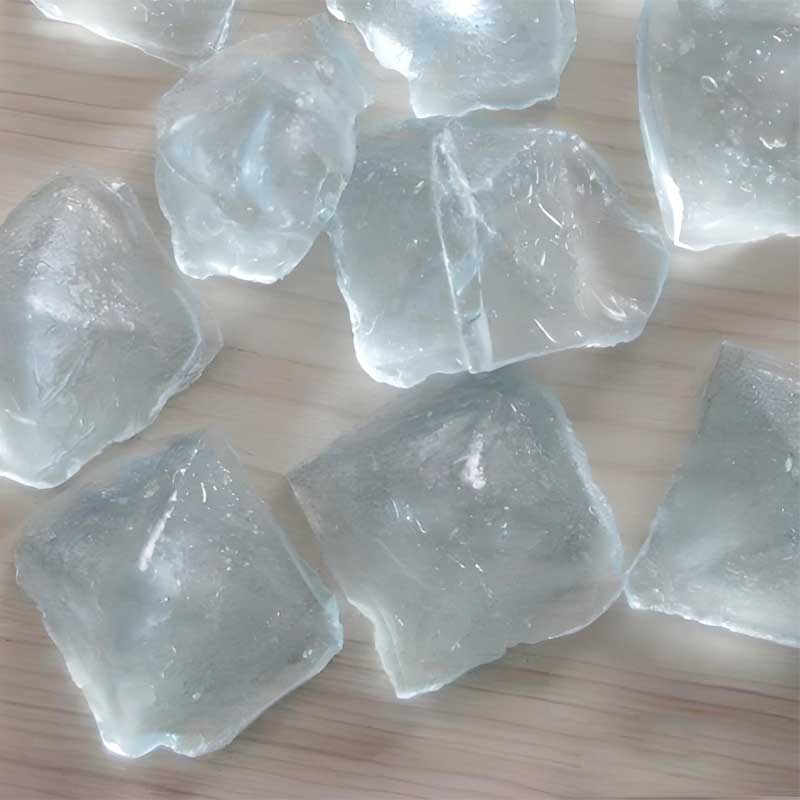
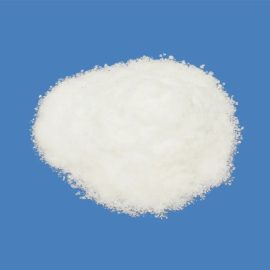
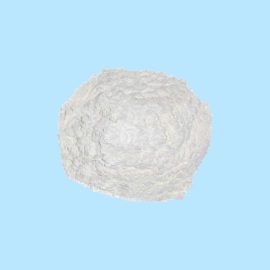
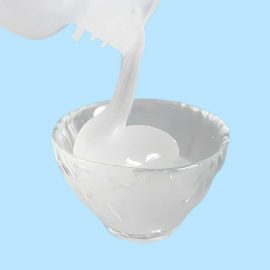
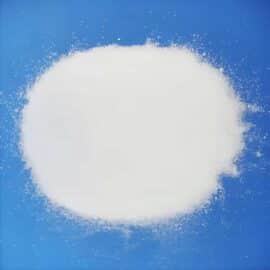
レビュー
まだレビューはない。